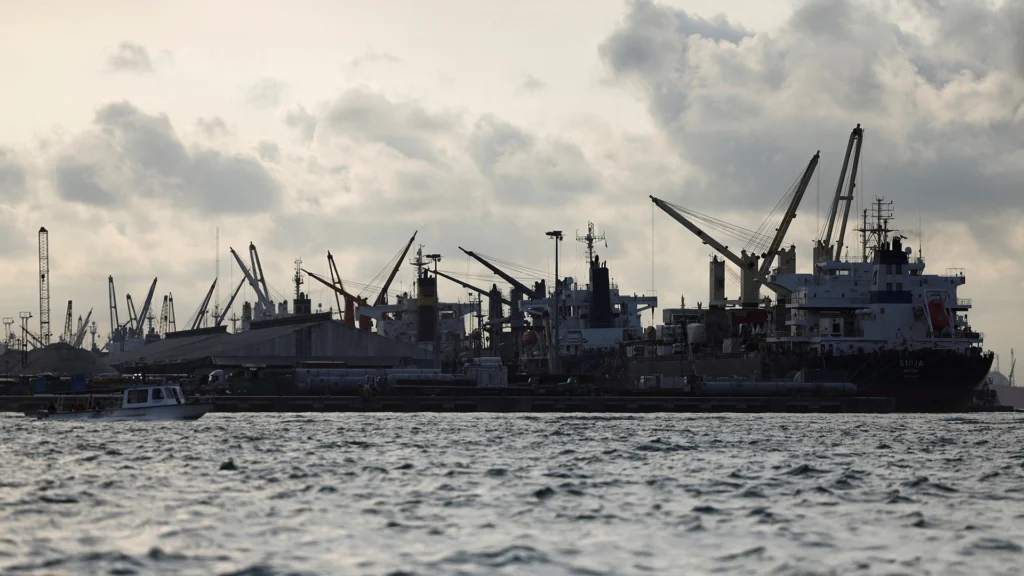
Newsletter Subscribe
Enter your email address below and subscribe to our newsletter

Enter your email address below and subscribe to our newsletter

Nigeria has dropped a proposed fuel import tariff, easing near‑term price pressure while shifting focus back to PIA enforcement and logistics. We unpack the market impacts and what to watch next.
Nigeria has dropped its proposed fuel import tariff, shelving an ad valorem duty that markets expected to lift pump prices and shield local refiners. The reversal follows weeks of uncertainty after reports of a 15% levy surfaced in late October.
The Finance Ministry now says there will be no new import tax on petrol and diesel, confirming that any such policy would have required a formal process that was never initiated.
In late October, local and international outlets reported that the Presidency had approved a 15% import duty on petrol and diesel to discourage under‑priced imports and backstop local refining. The move sparked debate over inflation, competition, and the right policy tool.
On 13 November, the Finance Ministry clarified that no such tariff will be introduced, noting that no formal process had been initiated and that the government is not pursuing the measure.
For households and transport operators, the decision reduces immediate upward pressure on pump prices. For refiners, especially new capacity coming online, it removes a protective wedge that would have narrowed import parity and encouraged liftings of local product.
The PIA (2021) was designed to replace ad‑hoc controls with rules‑based governance across the downstream market. It mandates transparent import licensing based on verified supply gaps, strict quality standards at entry points, and competition oversight to prevent dominance.
Rather than imposing a broad tariff, the government can deliver price and supply stability by enforcing the PIA consistently and by improving logistics and quality control at depots and terminals.
Keeping tariffs off the table limits upside shocks to pump prices and transport costs in the near term. That aligns with efforts to manage inflation and protect real incomes while FX conditions remain tight.
Nigeria’s domestic capacity is expanding, most notably at the Dangote Refinery near Lagos. Tariff‑free imports keep the import parity bar higher for local producers, which means refiners must win on reliability, logistics, and product quality rather than policy shields.
Earlier in the year, executives said Dangote was progressing toward higher throughput, while navigating crude supply constraints and export options for surplus products.
A no‑tariff environment sustains contestability. With credible spec testing and licensing discipline, multiple importers can compete with local barrels, improving availability and reducing the risk of a single‑supplier bottleneck.
West and Central African markets will continue to balance between Nigerian product and imports from Europe and Asia. The absence of a tariff reduces the chance of sudden ton‑mile shifts and helps price discovery across ECOWAS routes.